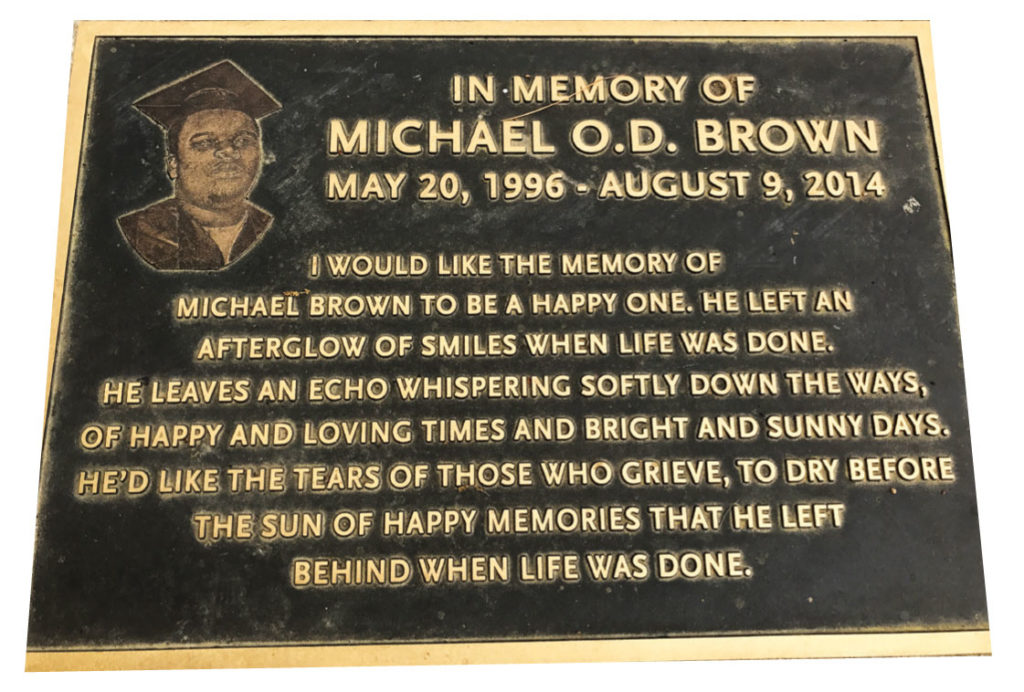The transfiguration gospel creates a visual in words. It illuminates Jesus’ evolving understanding of his own mission and ministry. In dazzling white, Jesus stands between two prophets who have gone before him and exhausted their lives in leading God’s people and delivering God’s message. Peter, James, and John stand in awe in front of Jesus, apostles who come after him in history to spread his good news.
The vision includes conversation. The prophets Moses and Elijah are talking with Jesus, but Mark’s gospel doesn’t reveal the topic. Peter speaks amazement at the vision, wanting to build booths for each prophet. A voice from heaven claims Jesus as “My Son, my beloved.”
As they come down the mountain, Jesus insists that Peter, James, and John tell no one what they have seen until “the Son of Man has risen from the dead.” Jesus’ words tantalize them. The scene ends with the three disciples in conversation, discussing, “What does rise from the dead mean?”
Conversation is a regular literary form in the gospel. Jesus doesn’t just preach; he interacts and stirs up curiosity about who he is. Conversations with his disciples in the gospel invite us to join in.
- What does rise from the dead mean?

Jesus’ ministry evolves. His 40 days in the desert lead him in a new direction. He begins a public ministry — announcing God is near, healing the sick, and casting out demons. Shortly before he leads Peter, James, and John up the mountain, Jesus alerts them that his ministry is turning from preaching and healing in Galilee to confronting religious authorities in Jerusalem. Jesus anticipates he will suffer, die, and rise after three days. This is the conversation the disciples continue after the transfiguration.
In Mark’s gospel Jesus’ passion predictions anticipate his whole story for us readers, so we see unfolding events in the light of the resurrection. But the disciples are often fearful, sometimes amazed, curious, bewildered, confused. In these eyewitness disciples, we Christians today have people whose faith flounders, flops, and fails but also slowly develops and grows. Mark wants us to have hope our faith can strengthen as theirs does.
The possibility that Jesus comes to understand his work in the world more fully as his life goes on is comforting. We also come to appreciate our own gifts and our own ability to bring about transformation as we pray and interact with others over our lifetimes.
Peter, James, and John accompany Jesus not only to the mountain but to the garden after the last supper where Jesus’ ministry evolves further in his prayer. In the garden the three disciples sleep as Jesus asks that the coming suffering be taken from him. In the end he says, “Not my will but yours be done.”
The Orthodox Church sees in the transfiguration what the whole of Christian life is about — transformation into Christ. Prayer leads to transforming communion with God. The mystical leads to the prophetic; communion leads to action.
Not only Jesus but also his disciples will need this profound, prayerful heartening to sustain them on the journey to Jerusalem and beyond. Life at the foot of the mountain will test the vision.
Sunday’s gospel is a story about vision that surfaces in prayer and opens the future over and over in the life of Jesus of Nazareth. The transfiguration challenges us to prayer, vision, and heart for encountering life with Christian commitment.
- How has deep change happened in your life?
- What vision for your future surfaces when you pray and reflect on who you are and want to be?
- What experiences of God’s presence have opened your future?
The voice from heaven in Sunday’s gospel makes the same claim about Jesus at the transfiguration as it did at his baptism. “This is my beloved Son” (Mark 1.11; 9.7). The baptismal scene launches Jesus’ ministry. The transfiguration scene identifies the time when Jesus’ disciples will begin their ministry. They are to tell no one what they have seen and heard on the mountain until after Jesus has risen from the dead. Then the fishing for people to which Jesus calls them will begin.
Their journey of discipleship holds the promise of sharing the transfiguring life of God. The messiah comes to serve, not to be served, and to give his life as a ransom for many (10.45). His suffering is born of a passion for the world, a love that endures unto death.
This Lent, the first disciples call us to renew our own lifelong journey into Jesus’ paschal mystery.
- What passion to serve the world and its people do you experience?
- In what activities do you glimpse transfiguring visions for our society today?
